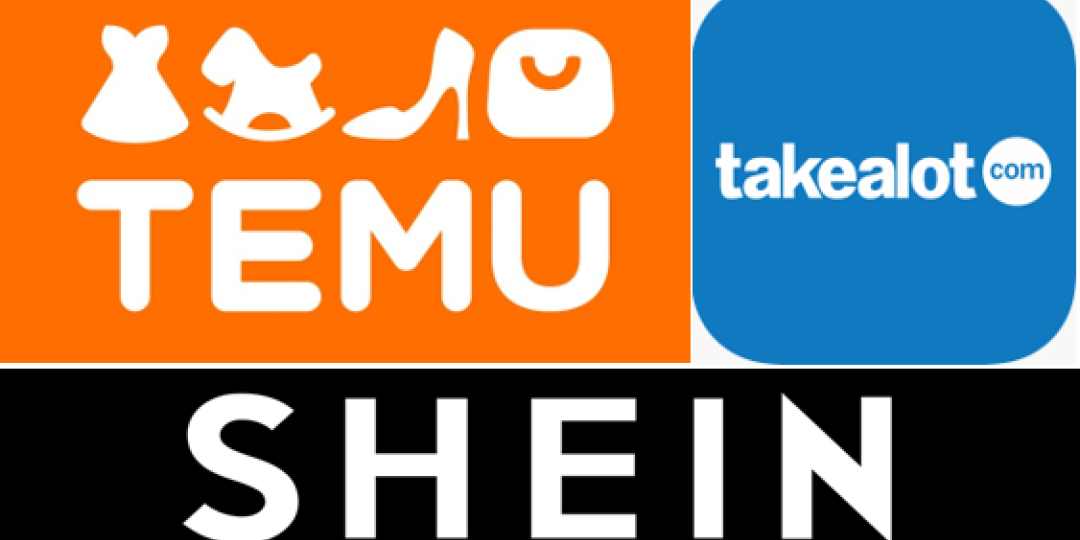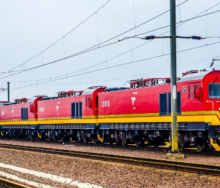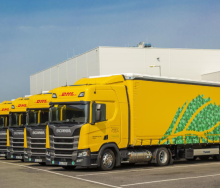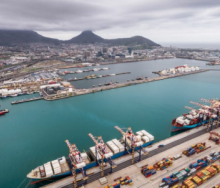With a few days left before the South Africa Revenue Service (Sars) implements full tariffs on low-value imports from Shein and Temu, the South African Express Parcel Association (Saepa) has appealed for a levelling of the e-commerce playing field without spoiling the game.
The Chinese disruptor platforms are already subjected to 15% VAT, instituted in July.
Because the vast majority of Shein and Temu goods are sold for R500 or less, import duties don’t apply because of the globally accepted customs standard known as de minimis.
Saepa CEO Garry Marshall jokes that “it’s Latin for not being worth the bother”.
He explains: “Historically, it has been agreed that it would be too expensive to process such imports in a normal way through clearance and all the rest of it.”
However, as a result, the global e-commerce factory of China Pty (Ltd) has flooded the market with mass-produced affordable consumer goods.
Local retailers and competitor cyber-store platforms like Takealot complain that without a customs wall to protect local suppliers, they stand no chance of surviving “the unstoppable e-commerce tsunami”, as Marshall calls it.
He says the magnitude of imports from Shein and Temu is staggering—currently averaging about 60 000 deliveries every month, just into South Africa.
In the run-up to November’s Black Friday madness, local service providers are preparing to handle an express parcel volume of about 240 000 deliveries, Marshall has said.
To try to stop that through “a formal and laborious customs process” would be madness, he explained.
“The sheer volume means if you’re going to do conventional clearance, you’re going to clog all the systems, and we need to avoid that at all cost. Customs need to come up with a simplified clearance process.”
He said, in principle, the local parcel industry had agreed to this, and had contributed in task group efforts to come up with a tailored tariff approach for the growing e-commerce juggernaut.
“We’re not interested in duty avoidance. It needs to be understood that duties will simply be passed on to our customers. What we are against are barriers to trade in a global market. A critical issue is for customs to ensure that we can still handle a high volume of shipments in a very expeditious manner.”
Marshall said although the likes of Takealot had a legitimate complaint, there hadn’t been a shred of actual proof forthcoming about accusations that sites like Shein and Temu were undervaluing items and splitting shipments to undercut import duties.
“They’re making all these accusations for which I have not seen any actual evidence.”
Responding to the argument that Shein and Temu, like Takealot, should physically invest in South Africa and contribute to job creation, Marshall said: “In the courier industry we have seen thousands of jobs created as a result of Shein and Temu. The number of people physically responsible for delivering parcels, people working on parcel-sorting hubs, and those responsible for Customs clearance, have all substantially increased.”
He said it should also be taken into account that Shein and Temu had a business model that worked for current global economic trends.
“The price you see is the price you pay for delivery. If you buy something for R400, that’s what you’re going to pay for delivery. If you buy something for R400 through Takealot, they’re going to charge you for delivery.”
Marshall said current market dynamics dictated that adding a layer of red-tape customs complexity from November 1, was only going to frustrate consumers who had become used to elevated e-commerce standards.
“Although one might expect that there would be a tapering off of volume and that it would impact us, you won’t be able to hold back the volume of express orders.
“And what about the survey that was conducted earlier this year? About 17 000 participants indicated that they wanted Shein and Temu to be left alone. What about what they want?”













